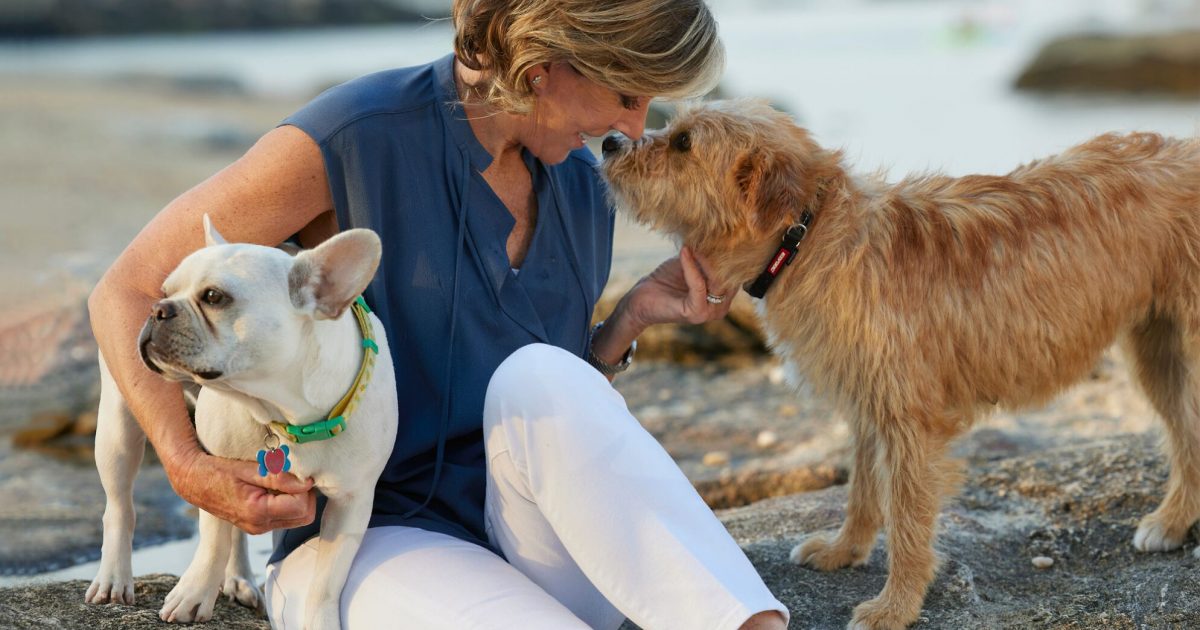What Kathy Giusti Has Learned About Cancer
- The greatest hope of curing cancer is early detection, so be aware of what you’re at risk for and keep up with screenings and other detection methods.
- What you do about it is up to you, so learn and understand your options and seek out opinions from not just other doctors, but those who have gone through the same thing before you.
- Have a support system, whether it’s your partner, children, siblings or friends. Don’t be afraid to be a burden.
In an essay published last week on Prevention.com, Giusti the shock that followed finding out she had multiple myeloma over two decades ago. A rare type of cancer that forms in particular white blood cells, there is no cure. Giusti was given a maximum of three years to live.
Read MoreSo in 2014, when Karen was herself diagnosed with breast cancer, Giusti said she knew it was her turn to step up.
"Together, we searched the internet, called every doctor and patient group, read every medical publication. Again, many decisions and years of debilitating treatments: surgery, chemo, radiation, and at least five years on therapy. Even today, she still warriors through the scans, the test results, the fear," she said."
But in the years following her multiple myeloma diagnosis, Giusti had become an expert on cancer. She had become a successful healthcare entrepreneur, holding executive positions with pharmaceutical companies like Merck and what is now known as Pfizer. She co-founded, along with Karen, the Multiple Myeloma Research Foundation, with the goal of finding a cure. And she took a position at Harvard as a Senior Fellow, where she co-chaired the HBS Kraft Precision Medicine Accelerator, a program that brings together medical leaders to push for accelerating the search for cures.
So after Karen’s diagnosis, she steeled herself, knowing she may have her own second battle with cancer soon.
"When a small spot on one of my regular screenings turned out to be early stage breast cancer, I said to myself: I've got this, it's what I do. No problem."
Still, she found herself struggling with decisions, as different doctors laid out different treatment options that included low doses of tamoxifen, lumpectomy, radiation and double mastectomy.
"I spoke with friends about the burden I had put on them. On my husband, my children. I'd been riding the cancer roller coaster for 25-plus years. I wanted off. And besides, having lived through a stem cell transplant, I figured double mastectomy would be easy (despite my doctor's warning otherwise)."
The surgery was harder than she anticipated. In her essay, Giusti credits her husband, family and friends for stepping up in the aftermath.
"Going into surgery I felt strong, in control. Coming out, I felt small. Full of doubts. Beaten up. Sitting in her office a week later, I asked my doctor if I'd made the right decision. Her response: There is no wrong answer, there is only the right answer for you."
Through her experiences, Giusti has come up with three things she believes everyone who is diagnosed with cancer should know. Those are:
- The greatest hope of curing cancer is early detection, so be aware of what you’re at risk for and keep up with screenings and other detection methods.
- What you do about it is up to you, so learn and understand your options and seek out opinions from not just other doctors, but those who have gone through the same thing before you.
- Have a support system, whether it’s your partner, children, siblings or friends. Don’t be afraid to be a burden.
Learn more about SurvivorNet's rigorous medical review process.


